About Kenya
Kenya has the largest, most diversified economy and the second largest population in East Africa. It also has a young, ambitious and well-educated workforce eager to contribute to the development of the country. These factors have helped the country become a leader in mobile-money and information-and-communication technology. As “the gateway to East Africa,” Kenya plays a vital role as a transportation hub for much of sub-Saharan Africa.
The friendship between the Republic of Kenya and the United States dates to the dawn of Kenyan independence. As an important developing-country partner in East Africa, Kenya is a significant recipient of U.S. foreign assistance. For more than 50 years, USAID has worked closely with the Kenyan government, the private sector, and civil society to:
- Advance access to education;
- Improve quality healthcare through nutrition, family planning, and maternal and child health, malaria, tuberculosis, HIV/AIDS and strengthening health programs;
- Lay a foundation for long-term economic growth through trade, agriculture, and infrastructure programs; and
- Make devolution work for the benefit of all Kenyans through democracy, governance and conflict programs.
LINKS









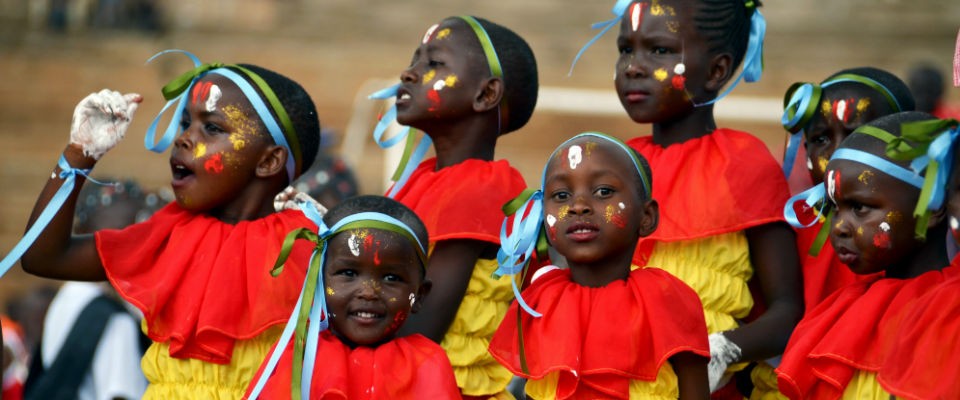
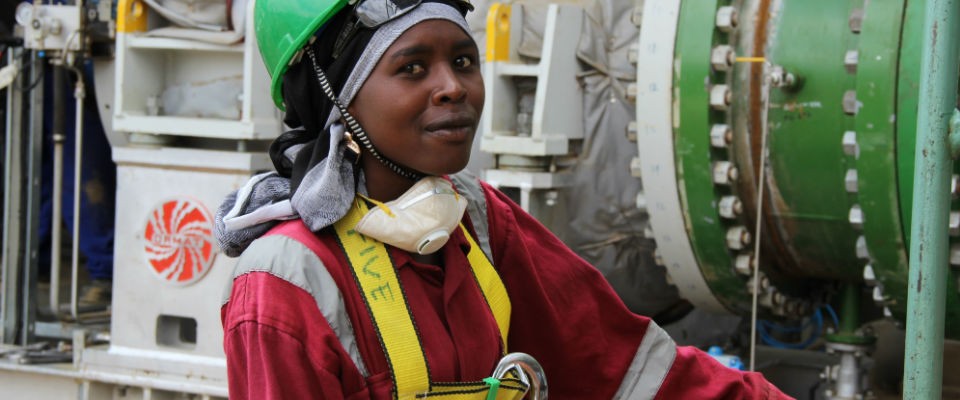
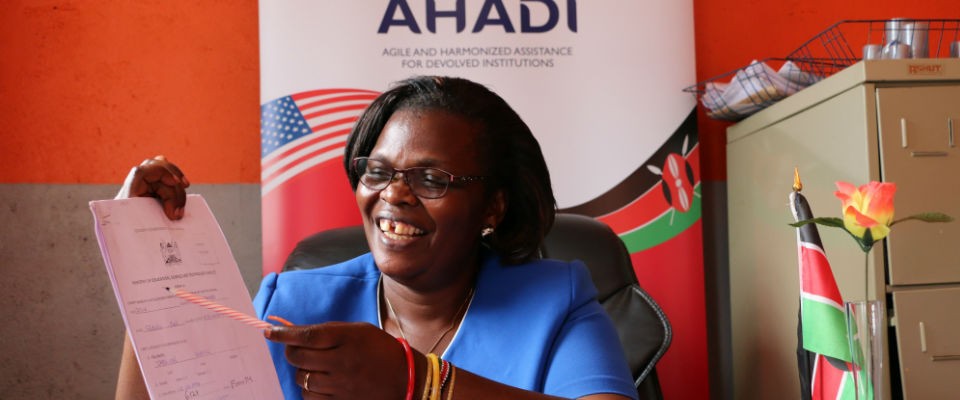
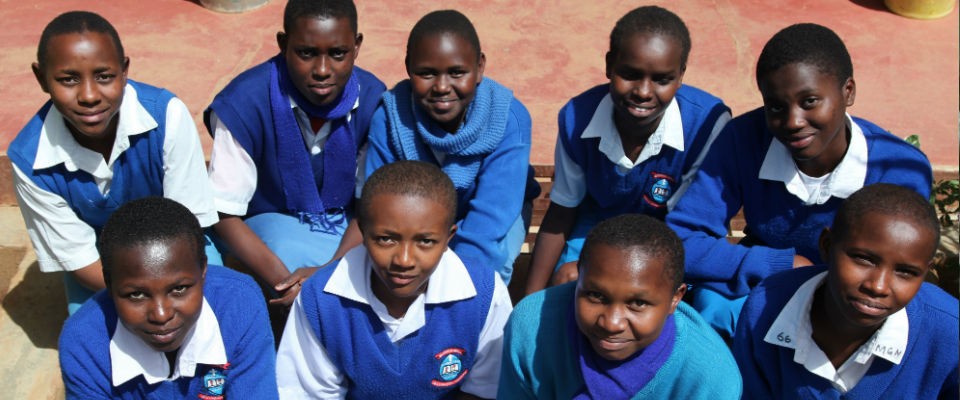
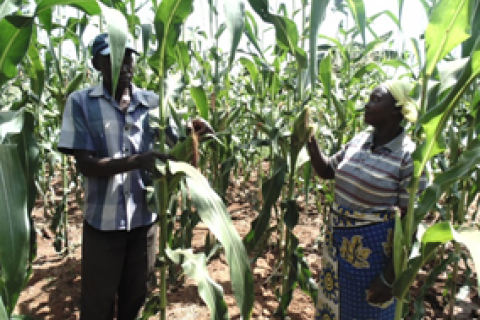
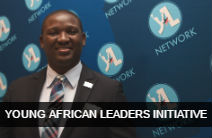
Comment
Make a general inquiry or suggest an improvement.